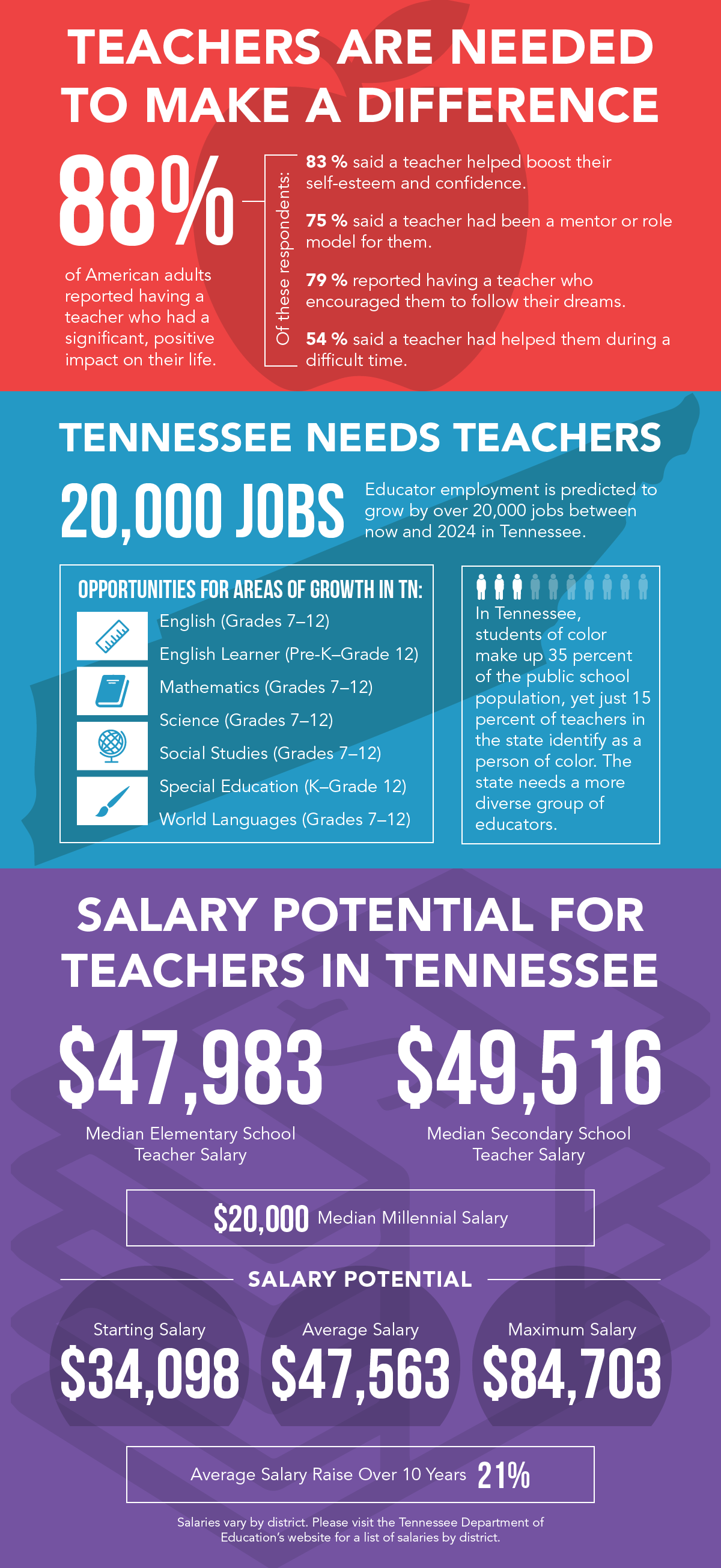This is a guest post by Jarred Amato, a high school English teacher with Metro Nashville Public Schools. Amato has served as a SCORE, Hope Street Group, and America Achieves educator fellow, as well as a member of the Metro Schools Teacher Cabinet. In 2015, Amato participated in the district’s Teacher Leadership Institute, and was named a Blue Ribbon Teacher and Teacher of the Year for his school.
The original post is here and you can follow him on twitter @jarredamato.
Growing up, I moved a lot. First, it was from Rhode Island to Massachusetts in the middle of Kindergarten. Then, it was off to Vernon Street in first grade and Austin Street in third before settling in on Jasset Street in fourth.
Despite the constant transition, I always felt at home with books.
The first book I remember reading on my own was Bears on Wheels by Stan and Jan Berenstain. I couldn’t tell you what it was about, or exactly how old I was when I read it, but I’ll never forget the sense of pride and accomplishment I felt when I finished it.
From that moment forward, I was hooked. From the Boxcar Children and Hardy Boys to everything by RL Stine and Matt Christopher, I devoured one book after another. With no smart phone or computer to distract me, most of my early childhood was spent either on a field or court, or curled up somewhere with a book, newspaper, or magazine.
Sundays were always my favorite because it was my mom’s day off from work. She would usually grab breakfast from Dunkin Donuts along with a copy of the Boston Globe, and I would spend the rest of the morning pouring through the sports section, reading every article and memorizing the league leaders in batting average, home runs, and RBIs.
During the summer, we would pack a cooler and make the hour drive to the beach, where I’d lay on the blanket with a book mom had recommended, stopping only for some body surfing, whiffle ball or a trip to the ice cream truck.
I also have fond memories of the public library, where I’d walk down one aisle after another in search of books to add to my stack before finding a cozy spot to hide for the day, and the local Barnes and Noble, where instead of buying a book, I’d take it off the shelf and read it in the store before putting it back.
Sometimes I wonder: Why did I read so much?
Maybe it was because books took me places, real and imaginary, that I knew I’d never be able to visit in person. Maybe it was because I found characters that I could root for and identify with. Maybe it was because reading helped me relax when I was upset, and allowed me to escape without actually running away (although I tried that too, but never for more than a few hours).
Maybe it was because reading was something that my mom and I could do together. Maybe it was because it helped me realize that I wasn’t alone, and that my problems weren’t so bad after all. Maybe it was because I saw books as the great equalizer. Maybe it was just because I was bored, and didn’t have anything better to do.
But, I think that the main reason I loved reading was that it made me feel smart. And as someone who grew up in a neighborhood where most kids didn’t go to college, that mattered a great deal to me.
It’s no surprise, then, that I always loved school. Yes, I was that kid who enjoyed homework and cried if I didn’t earn all “S+”s or “As” on my report card. As I look back on my elementary experience, a few things stand out:
One was that I had some pretty amazing teachers, who not only believed in me, but were also experts in their craft. Two, my teachers never told me my reading level or assigned me a test-prep worksheet, but because I read all the time and received great instruction from them day in and day out, I always breezed through the MCAS, Massachusetts’ standardized test. Three, reading and writing were always linked.
For example, I remember publishing my first book in third grade. In fact, I can still recall one of the lines (“I jumped as high as a kangaroo”) because Mrs. Madsen was so proud that I had used a simile. The fact that my teacher believed that a scrawny eight-year-old with a bowl cut could be a serious author, I started to believe it, too.
One more thing I appreciated about elementary school: we always had choice. Sure, teachers made recommendations, and I participated in lit groups with classics such as Mr. Popper’s Penguins, Shiloh, Tuck Everlasting, and Mrs. Frisby and the Rats of NIMH, but for the most part, I read what I wanted to read. And I loved it.
That changed in middle school, and certainly in high school. To be sure, there are many books I’m thankful my teachers made me read: To Kill a Mockingbird, Night, Of Mice and Men, Their Eyes Were Watching God, Catcher in the Rye, A Separate Peace, The House on Mango Street, and The Great Gatsby, to name a few.
But, I’m also certain that I would have read more often, and enjoyed reading more, if I was given choice. Instead, as my schedule became busier – sports practice, homework, TRL, and the emergence of AOL Instant Messenger — I learned how to BS my way through English class. With the help of Sparknotes, I was able to write killer essays on symbolism in The Scarlet Letter and the role of women in The Odyssey without ever opening the books.
While my love of reading faded in high school, Mrs. Smith’s Journalism 101 class inspired me to keep writing. As an athlete, I appreciated Mrs. Smith’s no-nonsense approach and tough love; she had extremely high expectations and had no problem letting you know when you failed to reach them.
It was under her wing, as a member of the school newspaper staff, that I learned how to write a lead, conduct interviews, take notes, check facts, and meet deadlines. I’m still convinced that the college essay I wrote – about balancing my time as sports editor and student-athlete, while trying to give back to my mom, who had sacrificed everything to raise my brother and me – was the main reason I got into Vanderbilt University.
In college, I quickly realized that I was much better at reading and writing essays than I was at memorizing formulas in Calculus (I think my only “F” ever) and Econ. However, it wasn’t until I read Jonathan Kozol’s Savage Inequalities in a course on educational inequity in America that I knew I wanted to become a teacher.
Upon graduation, I said “yes” to the first school that offered me a job and haven’t looked back since. As a middle school – and now high school – English teacher, I have had the privilege of falling in love with reading all over again. Even more rewarding is the opportunity to share that love and passion for reading with my students.
I know what the research says: that today’s teens are texting and snapchatting more, and reading less. There is no question that reading faces more competition than at any point in history.
But, in many ways, that’s what makes my job so fun, and so fulfilling. The competitor in me revels in the opportunity to prove to students that reading can, in fact, be more enjoyable than Instagram or YouTube.
The fact that there are so many phenomenal Young Adult authors out there writing books that have a way of affecting all students (and adults) certainly makes my job of creating confident and capable lifelong readers easier.
I’d have a much harder time selling students on the joy and value of reading if I forced all of them to read the same book at the same pace, regardless of their interests or ability level. But, by introducing them to novels by the likes of Kwame Alexander, Sherman Alexie, Kiera Cass, Suzanne Collins, Walter Dean Myers, Matt de la Pena, Sharon Draper, John Green, Khaled Hosseini, Marie Lu, Rick Riordan, J.K. Rowling, Veronica Roth, Rainbow Rowell, Gary Schmidt, Paul Volponi, Jacqueline Woodson, and Markus Zusak, I’ve got a chance.
Offering my students choice in what they read is only one piece of the puzzle. I must give them consistent time to read in a calm and comfortable environment. It’s also my responsibility to provide my students with the same love, support and encouragement that my mother and my teachers gave me.
This year, I got a bit emotional when one of my ninth-graders, beaming ear to ear, revealed to me that he had just finished a chapter book on his own for the first time. I could see in him that same sense of pride and accomplishment that I felt reading Bears on Wheels twenty-something years ago.
And I knew, from that moment forward, he was hooked.
For more on education policy and politics in Tennessee, follow @TNEdReport.


